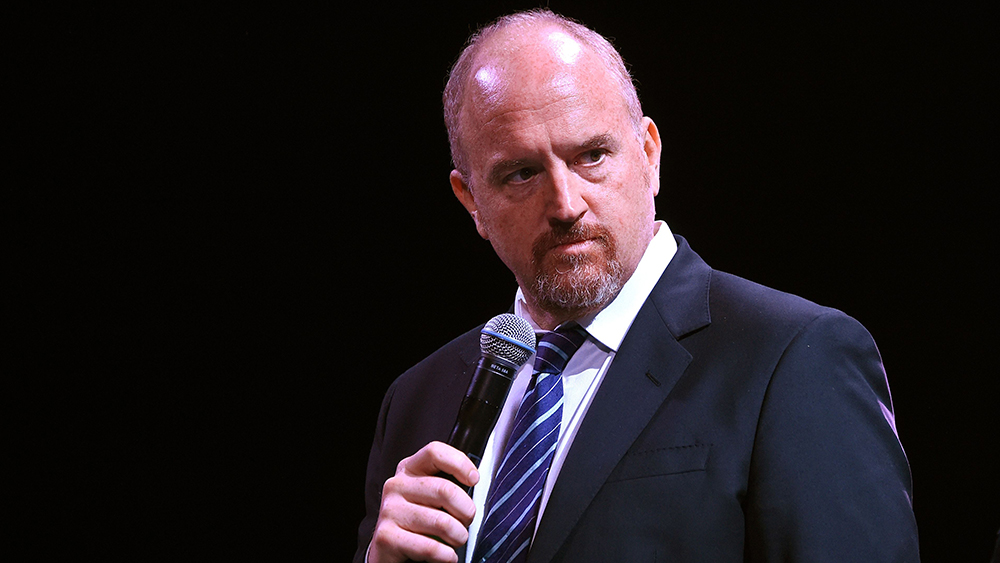We Don’t Owe Louis C.K. Anything (Column)
By Caroline Framke
LOS ANGELES (Variety.com) – Nine months after admitting to sexually harassing women, Louis C.K. tested the waters for a comeback — and revealed exactly how little he and so many others have learned from the #MeToo reckoning.
In a surprise 15-minute set at the Comedy Cellar in New York City, C.K. didn’t mention the accusations, or the fact that, again, he had confirmed that they were true. But the audience reportedly gave him a standing ovation of support before he’d even told a single joke. Later, Comedy Cellar owner Norm Dworman insisted to
the New York Times
that
“there can’t be a permanent life sentence on someone who does something wrong,” a sentiment echoed by comedian Michael Ian Black on Twitter. “People have to be allowed to serve their time and move on with their lives,” Black
wrote
. “I don’t know if it’s been long enough, or his career will recover, or if people will have him back, but I’m happy to see him try.”
I’m neither surprised nor, in fact, angry that C.K. is trying to do stand-up again. He’s a comedian with connections; wading back into the world to see where he might fit is his prerogative. But it’s also
our
prerogative not to give him the kind of time and consideration that many are insisting he deserves, especially when there are so many others who could use even one of the many chances he’s getting.
The idea that there’s some kind of time limit on how long a person who committed sex crimes — which, yes, is the category to which masturbating at someone without their consent belongs — should be out of work is ridiculous. So is the idea that him admitting to it absolves him of having done it in the first place (especially when he only did so after getting called out by the New York Times, after
years
of denying it). So is the idea that it’s the right and decent thing to do to give him another chance, just because he waited a few months for the sting of his failures to fade.
Giving C.K. the generous framework of having somehow “suffered enough” makes his story one of inevitable redemption rather than one of a man who, by his own admission, sexually harassed women in the workplace over at least a decade, stunting their careers while he made millions. It ignores the fact that he stepped onstage without considering who in the audience (especially victims of harassment and abuse) might not want to be there, and without having actually done much of anything to prove that he’s learned anything from his history of harassment beyond acknowledging it. It signals to other harassers and abusers within comedy and beyond that if they just wait “long enough,” they too can step right back into their careers as if nothing ever happened.
It minimizes the damage he caused, the women he targeted taking enormous risks to expose it, and the misogynistic rot within the entertainment industry that made it possible at all.
So if I were in that audience, it certainly would have been jarring and disorienting to see C.K. step onstage. But it would have been infinitely worse to feel the swell of sympathy around me as the audience leapt to its feet, ready and willing to brush aside what he did so they could hear a few jokes about (reportedly) “racism, waitresses’ tips, [and] parades.” In that moment, and in the rush to defend him now, it became clear that many are ultimately still prioritizing the wellbeing of perpetrators rather than victims. At the very least, this incident proves that there’s still so much work to do if that’s ever going to change — and no, waiting it out doesn’t count.

